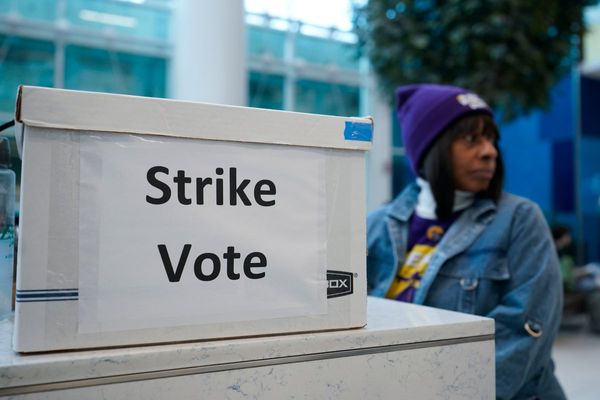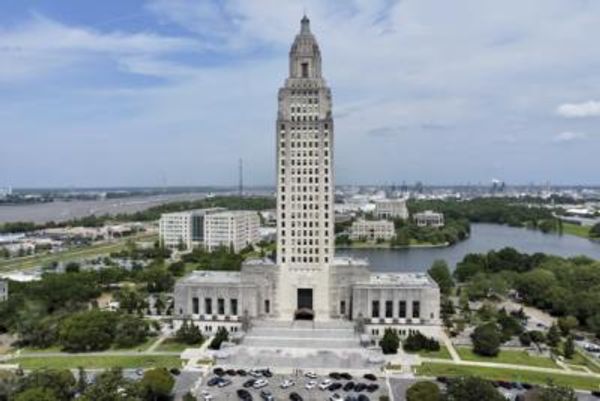Elon Musk has been having some tough times in court lately.
First, two former employees filed a lawsuit against the Tesla (TSLA) CEO and world's richest man and then the U.S. Supreme Court rejected a challenge brought by a former Xerox (XRX) executive that Musk had supported.
'Devastating Economic Impact'
The ex-employees said they were terminated in a mass layoff at the electric vehicle maker's gigafactory in Sparks, Nev.
They charge the company failed to adhere to federal laws on mass layoffs that require a 60-day notification period under the Worker Adjustment and Retraining Notification Act (WARN), according to a complaint filed in the U.S. District Court, in Austin, Tex., where Tesla is headquartered.
The lawsuit was filed by John Lynch and Daxton Hartsfield, who were fired on June 10 and June 15 respectively. More than 500 workers at the Sparks facility were terminated, the complaint said.
"Tesla has failed to give Plaintiffs and the Class Members any advance written notice of their terminations," the complaint said. "Instead, Tesla has simply notified the employees that their terminations would be effective immediately. Tesla has also failed to provide a statement of the basis for reducing the notification period to zero days advance notice."
The plaintiffs are seeking pay and benefits for the 60-day notification period.
"Tesla’s failure to provide its employees with any advance written notice has had a devastating economic impact on Plaintiffs and the Class Members," the complaint said.
Musk described the case as "a pre-emptive lawsuit that has no standing."
'A Lot of Clicks'
"It seems like anything related to Tesla gets a lot of clicks, whether it is trivial or significant," Musk said at the Qatar Economic Forum, according to Reuters. "I would put that lawsuit you're referring to in the trivial category."
Speaking at the same event, which was organized by Bloomberg, Musk said Tesla would reduce its salaried workforce by 10% in the next three months, while growing the number of hourly employees.
The announcement will affect roughly 3.5% of Tesla’s overall workforce. The actual amount is “not super material," Musk said.
Earlier this month, Musk said he had a "super bad" feeling about the global economy.
Separately, the Supreme Court declined to hear former Xerox chief financial officer Barry Romeril's appeal of a lower court's decision regarding a Securities and Exchange Commission rule that requires people who agree to settlements with the agency not to deny its allegations against them.
Romeril agreed under the rule not to deny accounting fraud allegations he settled with the SEC in 2003, Reuters reported.
The lower court had decided that the rule does not violate his free speech rights under the U.S. Constitution's First Amendment.
Which Nobody Can Deny
"The notion of permitting the government to decide what may be said about its conduct is anathema to the First Amendment," Romeril argued in a May 27 petition to the Supreme Court. "The SEC’s only stated interest in enforcing the no-denial policy is to avoid creating the impression that the SEC’s allegations are in any way insupportable."
The "no deny provision" allows alleged violators of federal securities laws to settle civil actions with the SEC without admitting or denying wrongdoing but requires that the persons agree not to publicly deny the SEC’s allegations against them.
"Corporate executives, constitutional scholars, activists and even members of the judiciary have raised First Amendment concerns, but so far, no challenge has been successful," the law firm Kramer Levin said in a client alert posted on its website.
In 2003, the SEC charged Romeril and five other former Xerox employees with securities fraud and other violations of federal securities laws.
The SEC alleged that the executives engaged in a scheme from 1997-2000 that misled investors about Xerox's earnings in a bid "to polish its reputation on Wall Street and to boost the company's stock price."
The $420 Tweet
In April 2002, without admitting or denying the SEC's allegations, Xerox paid a $10 million civil penalty, agreed to restate its financial statements and said it would hire a consultant to review the company's internal accounting controls and policies.
Musk, who is looking to end his own 2018 SEC settlement, signed on to a legal brief supporting Romeril.
The case stemmed from Musk's Aug. 7, 2018, tweet where he said was thinking of taking Tesla private at $420 a share and had "funding secured."
Musk was ordered to pay a $20 million fine, step down as chairman for three years and agree not to deny the SEC's allegations.
A federal judge struck Musk's bid to terminate his SEC agreement and denied his motion to quash a newer subpoena by the SEC.
In his April 27 ruling, U.S. District Judge Lewis Liman cited the Romeril case and said "Musk’s argument that the SEC has used the consent decree to harass him and to launch investigations of his speech is likewise meritless and, in this case, particularly ironic."
"Musk cannot now seek to retract the agreement he knowingly and willingly entered by simply bemoaning that he felt like he had to agree to it at the time but now — once the specter of the litigation is a distant memory and his company has become, in his estimation, all but invincible — wishes that he had not," Liman wrote.







